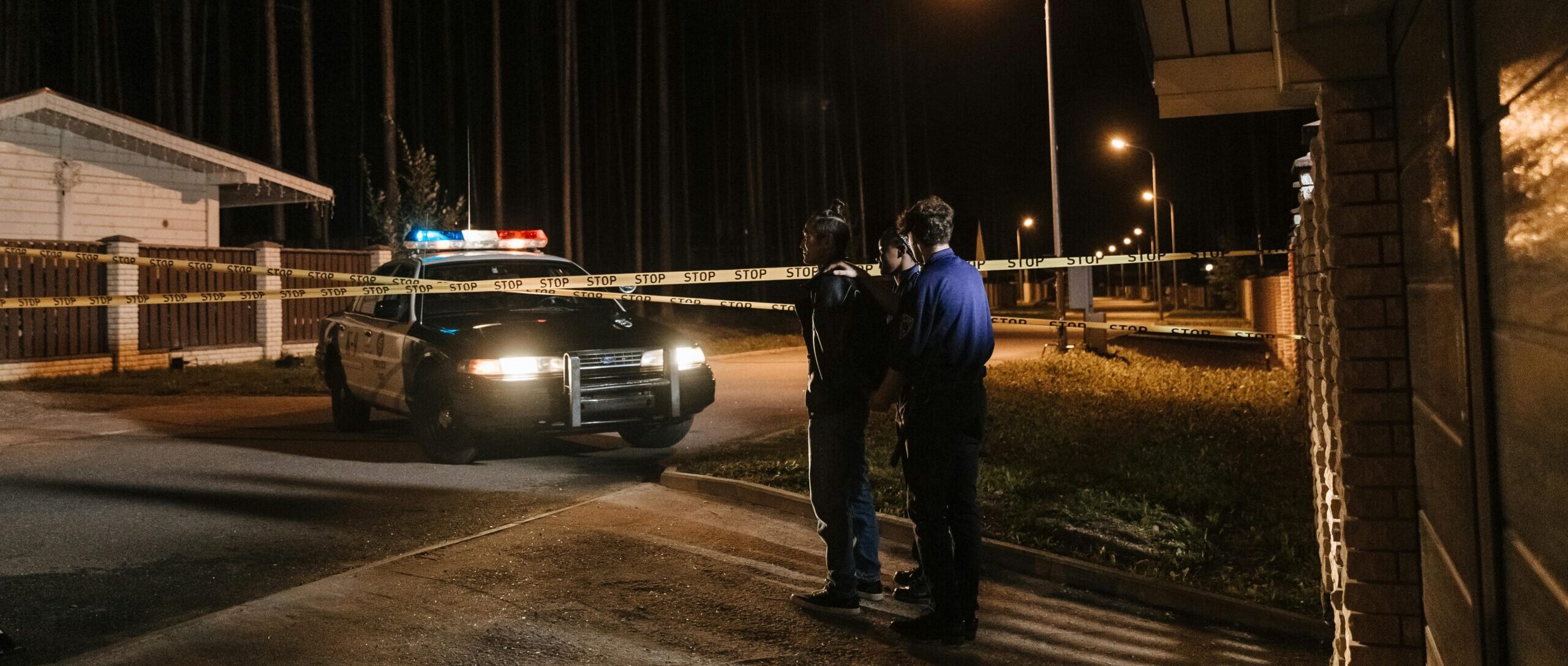The Government of Alberta is taking new measures to address the pressing issue of rural crime across the province. In a recent press conference, Mike Ellis, the Minister of Public Safety and Emergency Services, announced the creation of two new specialized surveillance teams designed to support the RCMP in rural areas, aiming to enhance public safety by focusing on local crime, particularly in communities that have been significantly affected by criminal activities such as break-ins and fuel thefts.
Minister Ellis was joined by Mike Letourneau, Superintendent of the Alberta Sheriffs and Lance Colby, Mayor of Town of Carstairs.
“Just over a year ago, I announced a series of measures to protect Albertans and keep our province safe,” Ellis stated. “Today, I’m pleased to say that those efforts have been tremendously successful and continue to make Alberta’s streets and communities safer every single day.”
The two new surveillance teams are fully operational and will focus on rural crime across the province, with one team based in Northern Alberta and the other in Southern Alberta. These teams will support the RCMP by carrying out surveillance on criminal targets, filling a gap where there is often little capacity for such activities.
“The Alberta sheriffs currently have an existing surveillance unit as part of the Alberta Law Enforcement Response Teams (ALERT), which focuses on serious and organized crime investigations,” Ellis explained. “The new teams will help rural RCMP detachments with local investigations to combat local crime.”
The types of crimes these teams will target include break-ins by prolific offenders and fuel thefts from farmers. “These are the types of cases that cause plenty of concern for rural Albertans and need solving as well,” Ellis added.
Superintendent Letourneau provided further details on the operational capacity of the new teams. Each team consists of one sergeant and seven sheriffs, all operating in plain clothes. These members come from varied law enforcement backgrounds and have specialized surveillance training.
“Their roles will be wide and varied,” Letourneau said. “They’ll help police gather intelligence and information on known and suspected offenders and obtain evidence that will help lead to charges in court. Investigations could include anything from suspected drug operations to break-and-enter suspects targeting rural areas, businesses, or industrial properties.”
Ellis emphasized that the addition of these teams will significantly enhance law enforcement’s ability to surveil criminals in rural areas, reinforcing that there is “no safe haven for criminal activity in Alberta.”
Mayor Lance Colby expressed his support for the initiative, highlighting the ongoing challenges faced by rural communities. “Crime continues to be a top concern in the province, with reports of violent crimes, property crimes, and other criminal activities consistently making headlines,” Colby said. “Having surveillance teams conducting surveillance of wanted and suspected offenders is a game-changer for rural Alberta’s fight against crime.”
The collaboration between the Alberta Sheriffs and local police services is expected to be seamless. The teams will operate as a support unit, working closely with RCMP detachments to target and surveil offenders. This support is crucial in areas where officers often cover vast geographical regions and may not have the capacity to conduct surveillance themselves.
The creation of these teams is part of a broader $27 million investment by the Alberta government to boost the operational capacity of the Alberta Sheriffs. This funding aims to augment and support existing police services, providing more resources to keep communities safe.
“We’ve been in close contact with our partners in the RCMP to communicate how they can request support from these new surveillance teams,” Ellis noted. “If there’s a huge need for this and we need to expand, that’s something we’ll consider.”
During the Q&A session, Ellis also addressed questions about other pressing issues, such as the situation in Cold Lake, where there is a growing population of people living on the streets. Ellis emphasized the government’s commitment to providing support and augmenting local resources to address complex issues related to mental health and addiction.
“We are happy to provide any assistance, augmenting and supporting whatever resources they have,” Ellis said. “We are more than happy to help all municipalities in Alberta.”
The introduction of these specialized surveillance teams marks a significant step in Alberta’s ongoing efforts to combat rural crime and enhance public safety. By providing targeted support to rural RCMP detachments and leveraging specialized training, the Alberta government aims to create a safer environment for all Albertans.
“The creation of these surveillance teams will go a long way to stomping out localized criminal activity in rural Alberta and boosting law enforcement’s capacity to keep Albertans and their properties safe,” Ellis concluded. “To the Alberta sheriffs and police services working closely alongside them, I offer my sincerest thanks and appreciation. Our province is much safer and better off because of the work that you do.”

